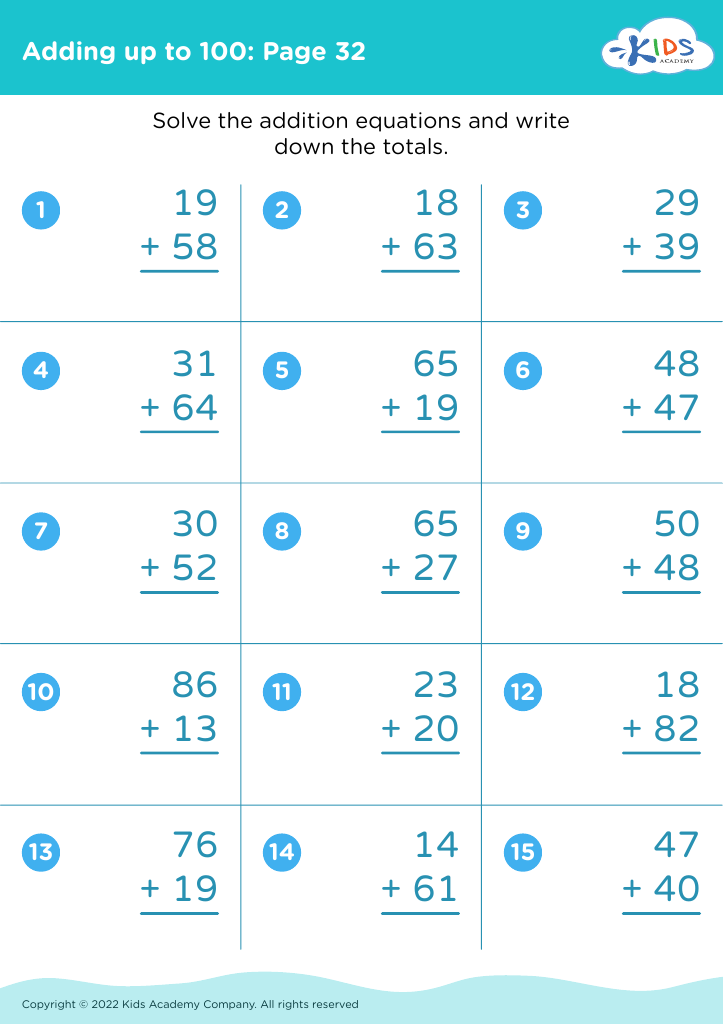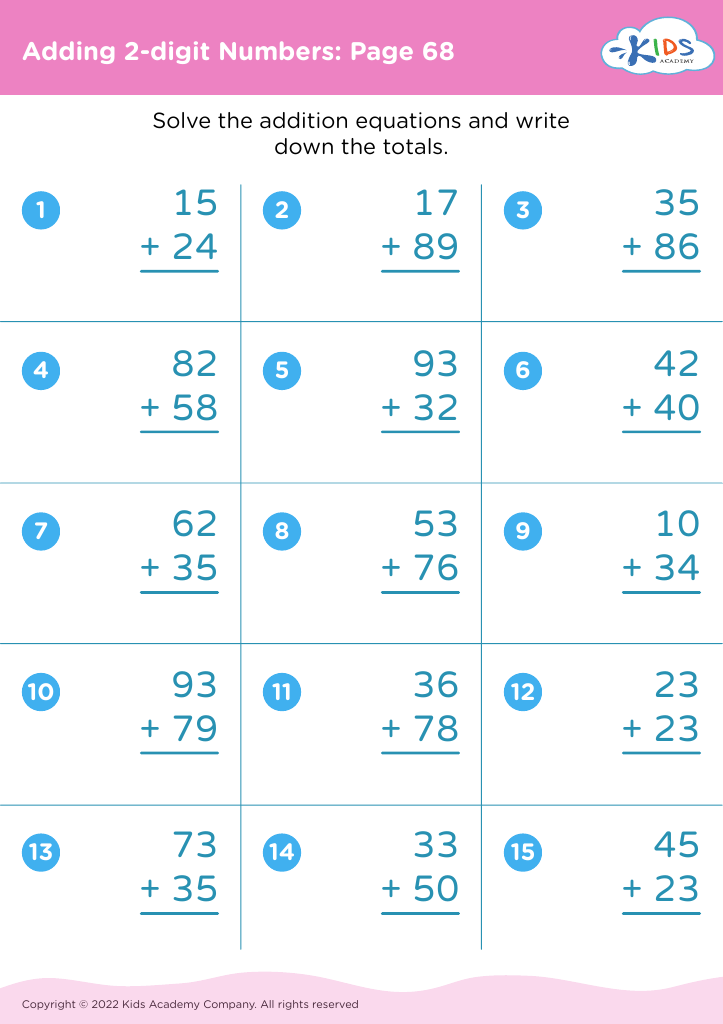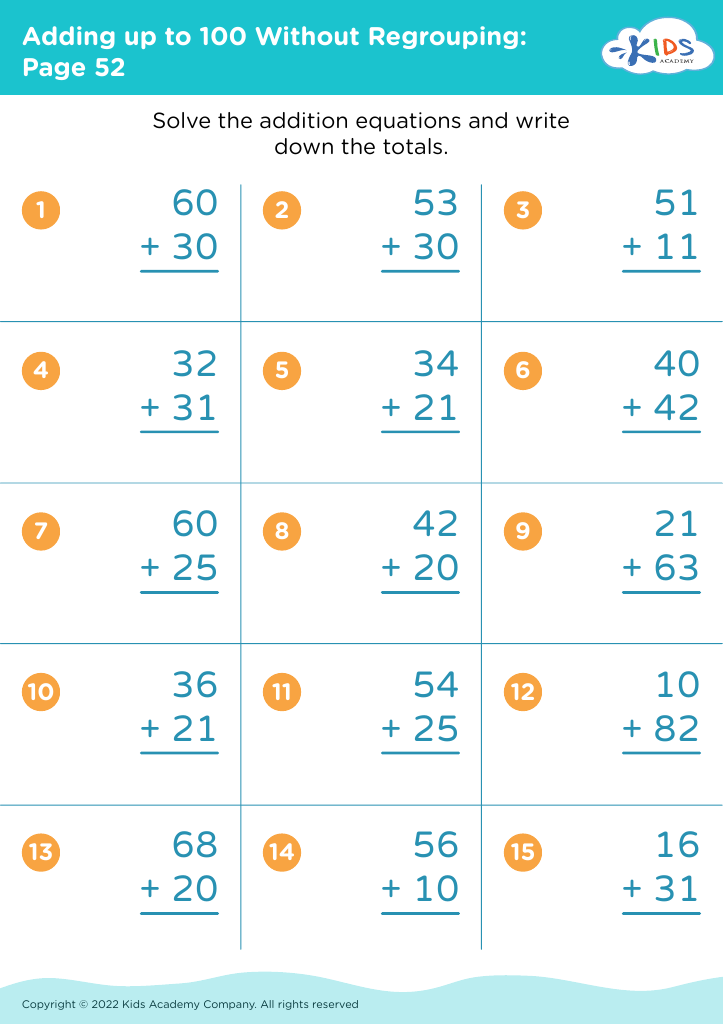Numeracy skills Math Worksheets for Ages 6-8
11 filtered results
-
From - To
Boost your child's confidence in math with our engaging Numeracy Skills Math Worksheets for Ages 6-8! Designed to enhance essential math skills, these worksheets cover a variety of topics including counting, addition, subtraction, word problems, and more. Our fun and colorful activities make learning enjoyable while helping kids grasp key concepts in a stress-free environment. Perfect for home or classroom use, these worksheets support students in building a strong mathematical foundation. Explore our extensive resource, and watch as your young learners develop their numeracy skills, paving the way for future academic success. Start their math journey today!
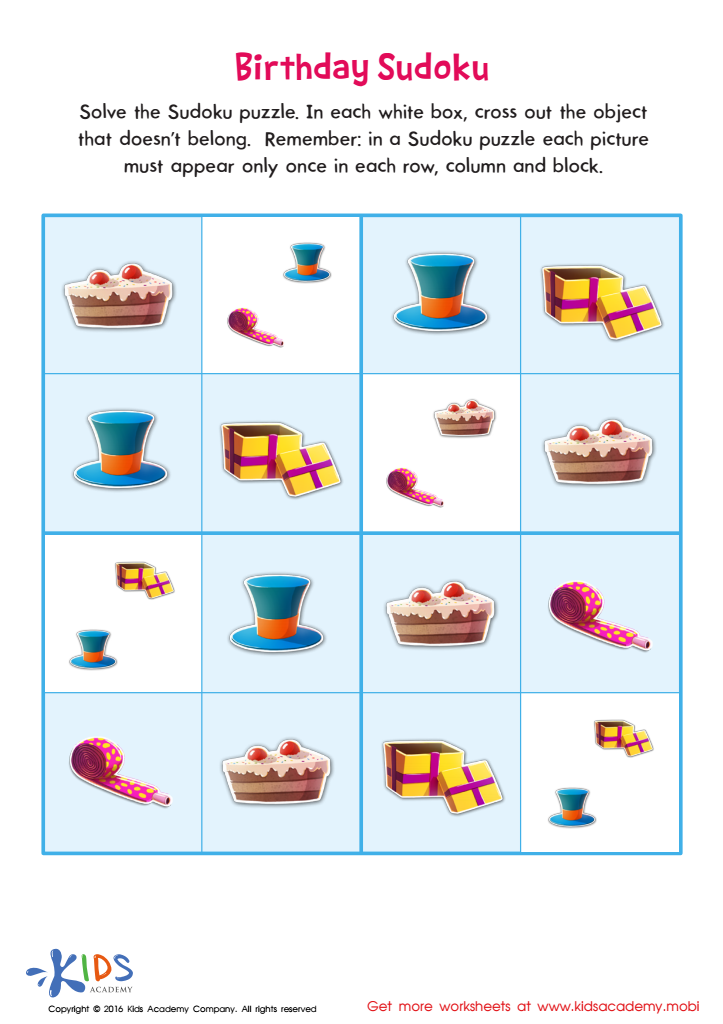

Birthday Sudoku Sorting Worksheet
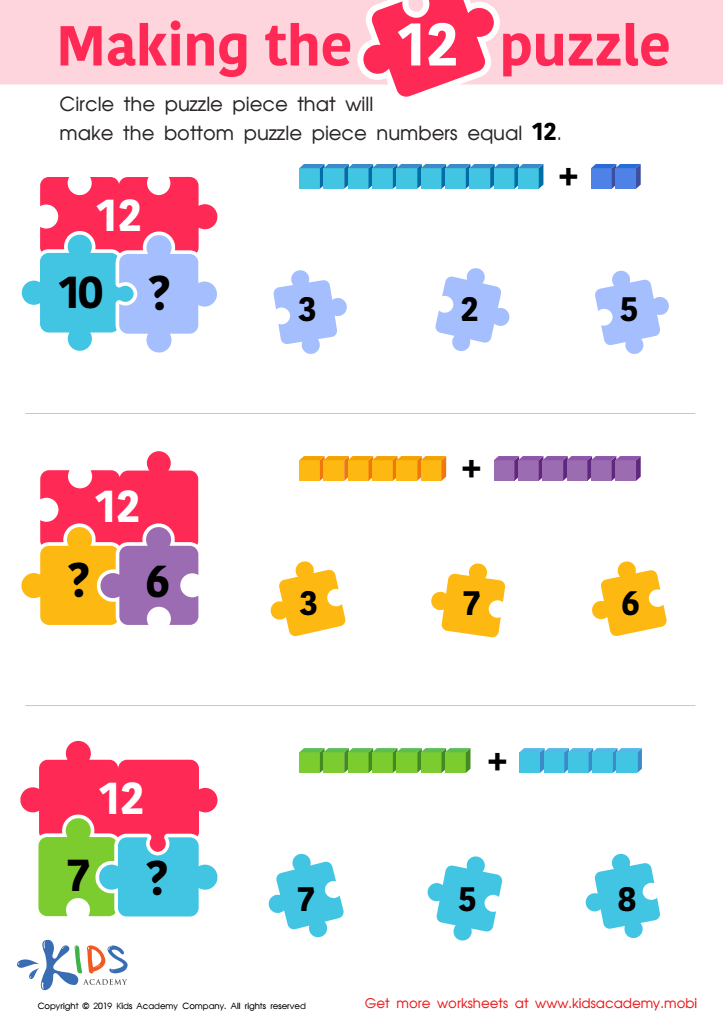

Making the 12 Puzzle Worksheet
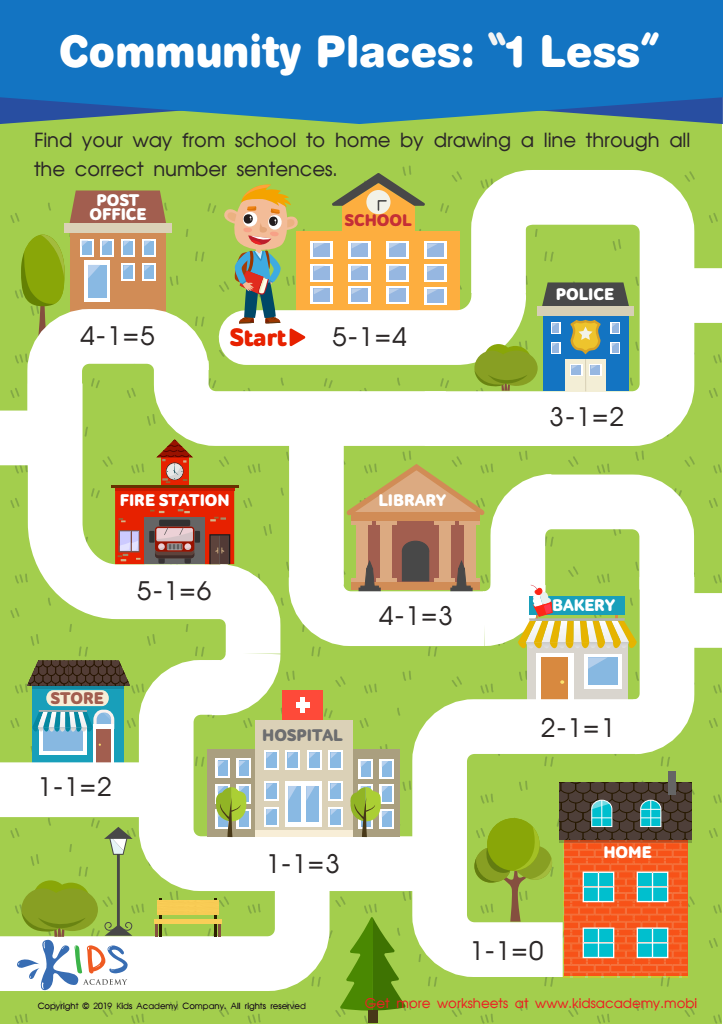

Community Places: 1 Less Worksheet
Numeracy skills for children ages 6-8 serve as the foundational building blocks for their mathematical understanding and problem-solving abilities. At this developmental stage, children are beginning to grasp essential concepts such as counting, addition, subtraction, and basic shapes. These skills are not only crucial for academic success but are also integral to daily life.
Parents and teachers should prioritize numeracy because early mastery of these concepts fosters confidence and a positive attitude towards math, potentially reducing anxiety associated with the subject later on. When children feel competent in numeracy, they are more likely to engage with math and explore higher-level concepts as they progress through their education.
Furthermore, numeracy skills have far-reaching implications beyond academics. They enhance critical thinking, encourage logical reasoning, and help develop spatial awareness—skills that are valuable in various careers and everyday situations. By nurturing a strong foundation in numeracy, adults can empower children to think analytically and make informed decisions in their lives.
In summary, investing in numeracy skills during ages 6-8 lays the groundwork for lifelong mathematical competency and practical problem-solving abilities, benefiting individuals and society as a whole.


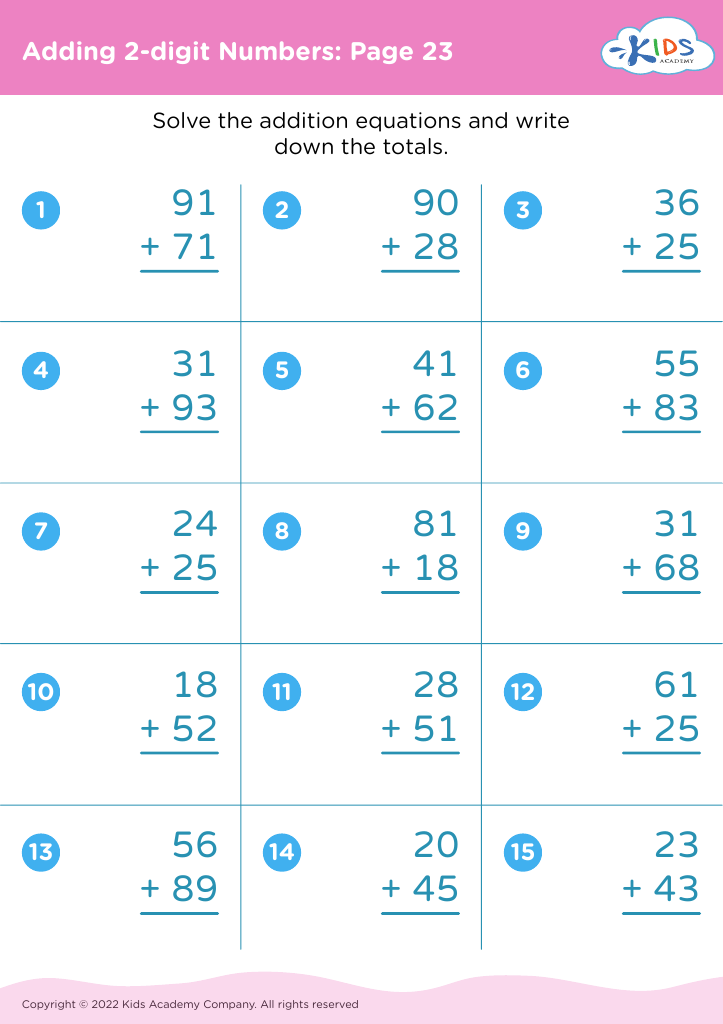
 Assign to My Students
Assign to My Students

